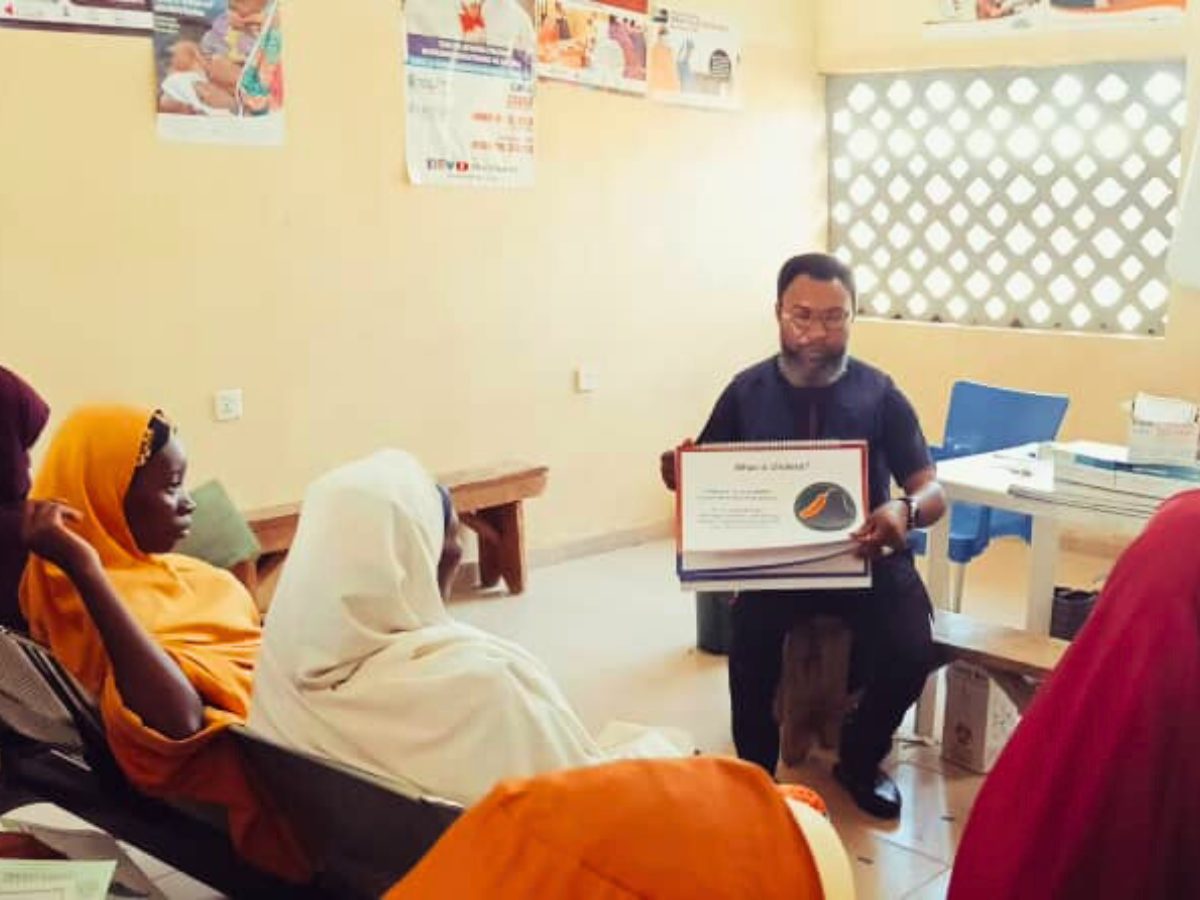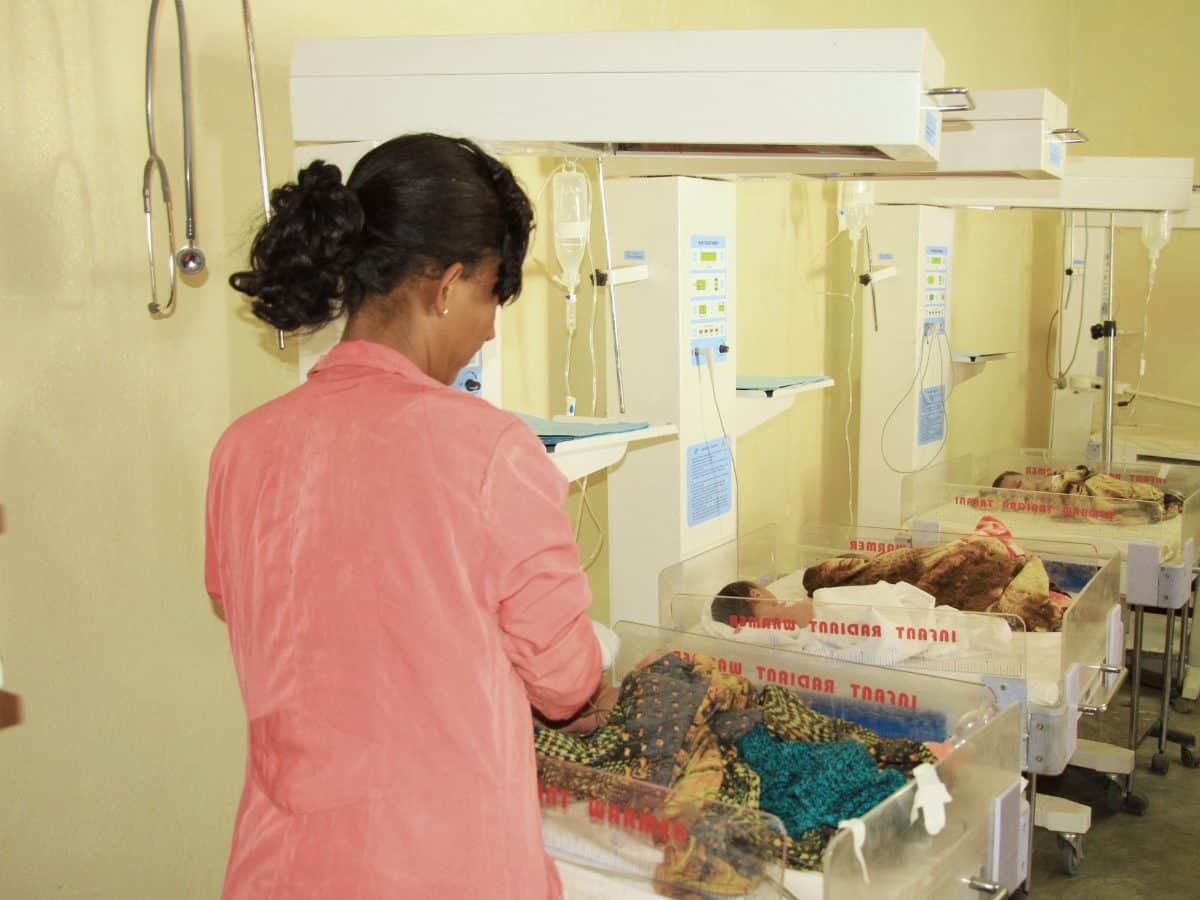In November, public health practitioners from eleven African countries gathered in Dar es Salaam for the first phase of ICAP’s new training course introducing them to the principles of quality improvement.
This program was developed by ICAP with support from the Centers for Disease Control and Prevention (CDC) to enhance the capacity of U.S. government field staff and staff from ministries of health to design, oversee and monitor quality improvement efforts, an important focus of PEPFAR’s work. In-person and distance education components were utilized to help participants enhance the quality of HIV prevention, care and treatment services in their country programs.
The training brought together 50 participants from Cameroon, the Democratic Republic of Congo, Ethiopia, Malawi, Mozambique, Nigeria, Rwanda, South Africa, Swaziland, Tanzania and Uganda. The foundational session explored the principles and goals of quality improvement (QI) and introduced participants to essential QI frameworks and tools. Country teams worked together to design QI projects aligned with national and PEPFAR priorities and adapted to their country context. The quality challenges they tackled included expanding access to HIV treatment services in Mozambique, improving pediatric treatment outcomes in Rwanda and integrating HIV and family planning services in Cameroon. As one participant noted, “This course comes at a critical time in COP14 planning. I plan to incorporate many of these QI elements in our Country Operating Plan.”
Led by ICAP’s director of health systems strengthening Miriam Rabkin, MD, MPH, and QI training advisor Gillian Dougherty, RN, MPH, the course continues for the next two months as participants deepen their theoretical and practical learning through distance education sessions and reading, lectures and online discussion sessions. The training culminates in a face-to-face workshop in March 2014 to consolidate the learning. The goal is for participants to return to their organizations with the knowledge and practical skills to support national-level QI initiatives in PEPFAR priority countries.
“Improving the quality of clinical services is a critical step towards enhancing health outcomes,” Ms. Dougherty said.
ICAP’s expanded training offerings share a decade of experience and lessons learned improving the quality of care through the global AIDS response and the expertise to use the HIV platform for broader health systems strengthening.








